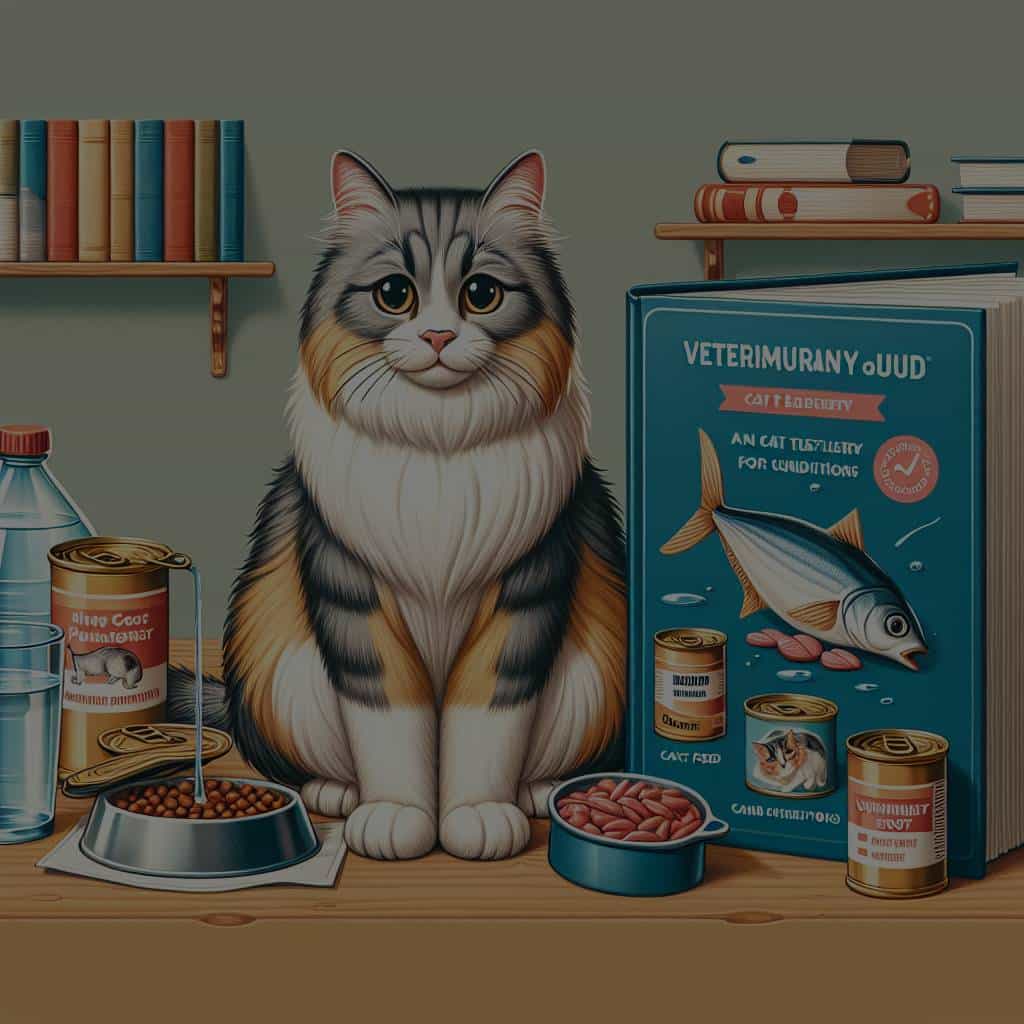What’s the Best Diet for a Cat with a History of Urinary Tract Infections?

When you’re a cat owner, maintaining your feline friend’s health is paramount. However, urinary health in cats is one aspect that is often overlooked until it becomes a problem. Urinary tract infections (UTIs) in cats can cause discomfort and can lead to serious health complications, including bladder stones and renal failure. Therefore, it’s crucial to understand the dietary requirements that can help prevent these issues, especially if your cat has a history of urinary tract infections. In this article, we’ll delve into the best diet to keep your cat’s urinary health in check.
Understanding Urinary Tract Health in Cats
Before we explore the best diet for cats with urinary tract health concerns, it’s essential to have a basic understanding of feline urinary health. The urinary tract of a cat involves several components, namely the kidneys, ureters, bladder, and urethra. These components work in harmony to remove waste from the body through the production and excretion of urine.
In parallel : How to Choose the Correct Filter System for a Turtle’s Aquatic Habitat?
When a cat develops a urinary tract infection, it usually implies that bacteria have gained access to the urethra, causing inflammation that can spread to the bladder and sometimes to the kidneys. Common signs include frequent urination, discomfort during urination, and blood in the urine. It’s also common for cats with urinary tract issues to develop urinary crystals or bladder stones, which can cause blockages and further complications.
The Role of Diet in Cat Urinary Health
The diet of a cat plays a significant role in maintaining urinary health and can also be a key factor in the development of urinary issues. One of the main dietary factors contributing to urinary tract issues is the mineral content in the cat’s food. When a cat consumes food with high mineral content, the minerals may crystallize in the urine, leading to the formation of bladder stones.
Also to discover : How to Teach a Dog with Limited Vision to Navigate a New Home?
Another key factor is hydration. Cats on a dry-food-only diet often don’t consume enough water, which can lead to concentrated urine and increase the risk of urinary tract diseases. A cat’s diet also affects the pH of its urine. A diet high in protein can cause more acidic urine, which in turn can contribute to the formation of certain types of urinary crystals or stones.
Lastly, obesity can contribute to urinary tract problems in cats. Overweight cats are more likely to develop urinary issues, so maintaining a healthy weight through diet is crucial.
Key Elements of a Healthy Urinary Diet for Cats
Now that we understand the role diet plays in urinary health, let’s discuss the elements of a healthy urinary diet for cats. Firstly, a diet that promotes a healthy urinary pH is important. This often means choosing a diet that is not overly high in protein, and also not overly low. A diet too high in protein can increase the acidity of the cat’s urine, while a diet too low can make the urine overly alkaline.
Hydration is another important element. Wet food is often a good choice for cats with a history of urinary issues, as it helps increase a cat’s total water intake and contributes to a more dilute urine.
Lastly, managing mineral content is essential. A good urinary diet should be low in magnesium and phosphorus, minerals that can contribute to the formation of urinary crystals or stones.
Recommended Dietary Changes and Best Prescription Foods
If your cat has a history of urinary issues, you may need to make some dietary changes. Switching to a wet food diet can be one of the most effective steps you can take. Wet food has a high water content, which can help dilute your cat’s urine and decrease the likelihood of crystal formation.
Considering the nutritional balance, prescription urinary foods are often recommended for cats with a history of urinary issues. These foods are specially formulated to maintain a healthy urinary pH, keep the urine dilute, and minimize the formation of urinary crystals and stones. Some popular options available on markets such as Chewy include "Hill’s Prescription Diet c/d Multicare Urinary Care" and "Royal Canin Veterinary Diet Urinary SO".
While these prescription diets can be highly effective, they should be used under the guidance of a veterinarian. It’s crucial to remember that each cat is unique, and what works best for one cat may not be the best for another.
Final Thoughts on Maintaining Your Cat’s Urinary Health with Diet
While diet plays a major role in maintaining your cat’s urinary tract health, it is just one piece of the puzzle. Regular check-ups, plenty of fresh water, stress management, and maintaining an ideal weight are also essential. When it comes to urinary health, prevention is always the best approach. Therefore, it’s crucial to monitor any changes in your cat’s urinary habits and seek veterinary attention if you notice any signs of a urinary tract issue. By taking these steps and choosing the right diet, you can help ensure your cat’s urinary system stays healthy and functions smoothly. Keep in mind, though, that there’s no one-size-fits-all solution. What works for one cat may not work for another. It’s always a good idea to consult with a vet before making any major changes to your cat’s diet. With the right approach and the right diet, you can help your cat live a longer, happier, and healthier life.
How to Introduce a Urinary Health-Focused Diet to Your Cat
Transitioning your cat to a different diet can sometimes be a bit challenging, especially if they’re used to a certain type of food. However, with a little patience and persistence, it’s entirely possible to introduce a new, urinary health-focused diet to your cat.
Firstly, it’s a good idea to bring in the change gradually. This can be done by mixing a small amount of the new diet in with their regular food, slowly increasing the amount of the new food over a week or two. This gradual transition can help avoid any digestive upset and can also make it more likely that your cat will accept the new food.
Secondly, try to make meal times a positive experience for your cat. This could mean feeding them in a quiet, relaxed environment, or giving them a little extra attention or petting during meal times. Remember to provide fresh water along with their food, especially if you’re transitioning from a dry food to a wet food diet.
Lastly, keep an eye on your cat’s litter box habits during this transition phase. Any changes in the frequency, color, or smell of their urine can be important indicators of how well the new diet is working. If you notice any significant changes or if your cat seems to be experiencing discomfort, it’s best to consult with your vet straight away.
Conclusion: A Balanced Diet for a Healthy Feline Urinary Tract
In conclusion, feeding your cat a balanced diet that promotes urinary health can significantly reduce the risk of urinary tract problems. Ensuring ample hydration, maintaining an ideal weight, and managing mineral content are crucial aspects of this. Switching to a wet food diet and considering prescription urinary foods can be beneficial for cats with a history of urinary issues.
However, it’s important to remember that each cat is unique and what works for one may not work for another. Regular check-ups with your vet and close monitoring of your cat’s urinary habits are a crucial part of maintaining their urinary health.
In the end, the ultimate goal is to ensure your cat’s health and happiness. With careful attention to their diet, regular veterinary care, and lots of love, you can help your cat maintain a healthy urinary tract and enjoy their life to the fullest. Remember that every cat deserves the best care possible – and that includes a diet that supports their overall health, including their urinary tract health.
As we conclude, always have a clear understanding of what’s best for your cat’s health. Make informed decisions about their diet, be vigilant about any changes in their urinary habits, and do not hesitate to consult with a vet when needed. With these considerations in mind, you can play a vital role in promoting your cat’s urinary health and overall well-being.
